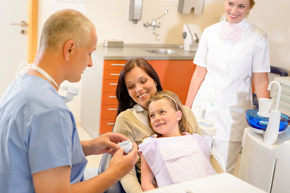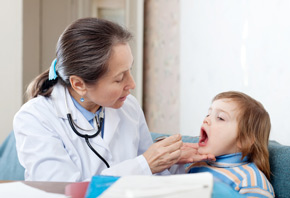PNP Roles

What do PNPs do?
PNPs provide initial, ongoing and systematic comprehensive care for children from birth through young adults including:
- Routine health maintenance/health supervision, including comprehensive histories, physical examinations, well child examinations
- Routine developmental and screening activities
- Diagnose, treat and manage common patients with acute and chronic childhood illnesses and diseases
- Ordering, performing, supervising, and interpreting laboratory and imaging studies
- Anticipatory guidance regarding common child health concerns
- Childhood immunizations
- School physicals
- Prescribing medication and durable medical equipment
- Collaborate with and make appropriate referrals to other health professionals for patients and families
Both Primary Care and Acute Care PNPs practice in a variety of pediatric clinical specialty areas, including pulmonology, cardiovascular, hematology/oncology, dermatology, gastroenterology, neurology and many others.

PNPs work in a variety of settings:
- Private Practice
- Hospitals (General pediatrics, NICU, PICU, ED and newborn nursery)
- Outpatient departments and Clinics
- Universities and Occupational Health
- Schools and School-based Health Centers
- Public health and communities
- Retail clinic/Urgent Care
- Nurse Managed Health Center
- Academia and research
Meet Marie Ann Marino
Marie Ann Marino, EdD, RN, PNP
Associate Dean for Academic Affairs at Stony Brook University School of Nursing
Pediatric Nurse Practitioner
Dr. Marino stresses to her students the importance of building bridges between pediatric primary care providers to improve the quality outcomes in children and also to minimize the risk of missing opportunities to identify children at risk.
Watch this video to find out more about pediatric nurse practitioners and their potential collaboration with pediatric dentists.
This segment of the page contains a video. The link to this video is https://www.youtube.com/embed/jJzEPaBDK-U

